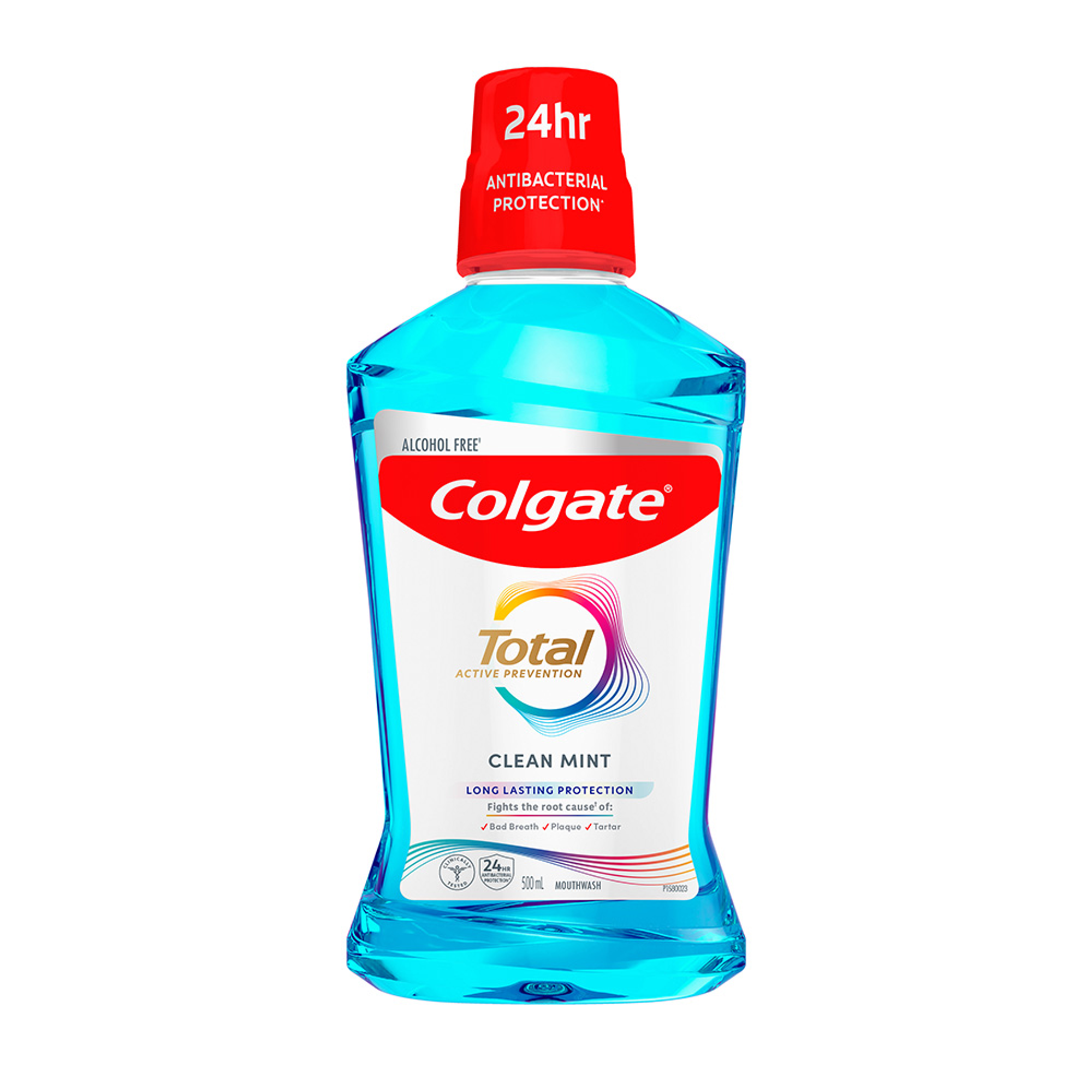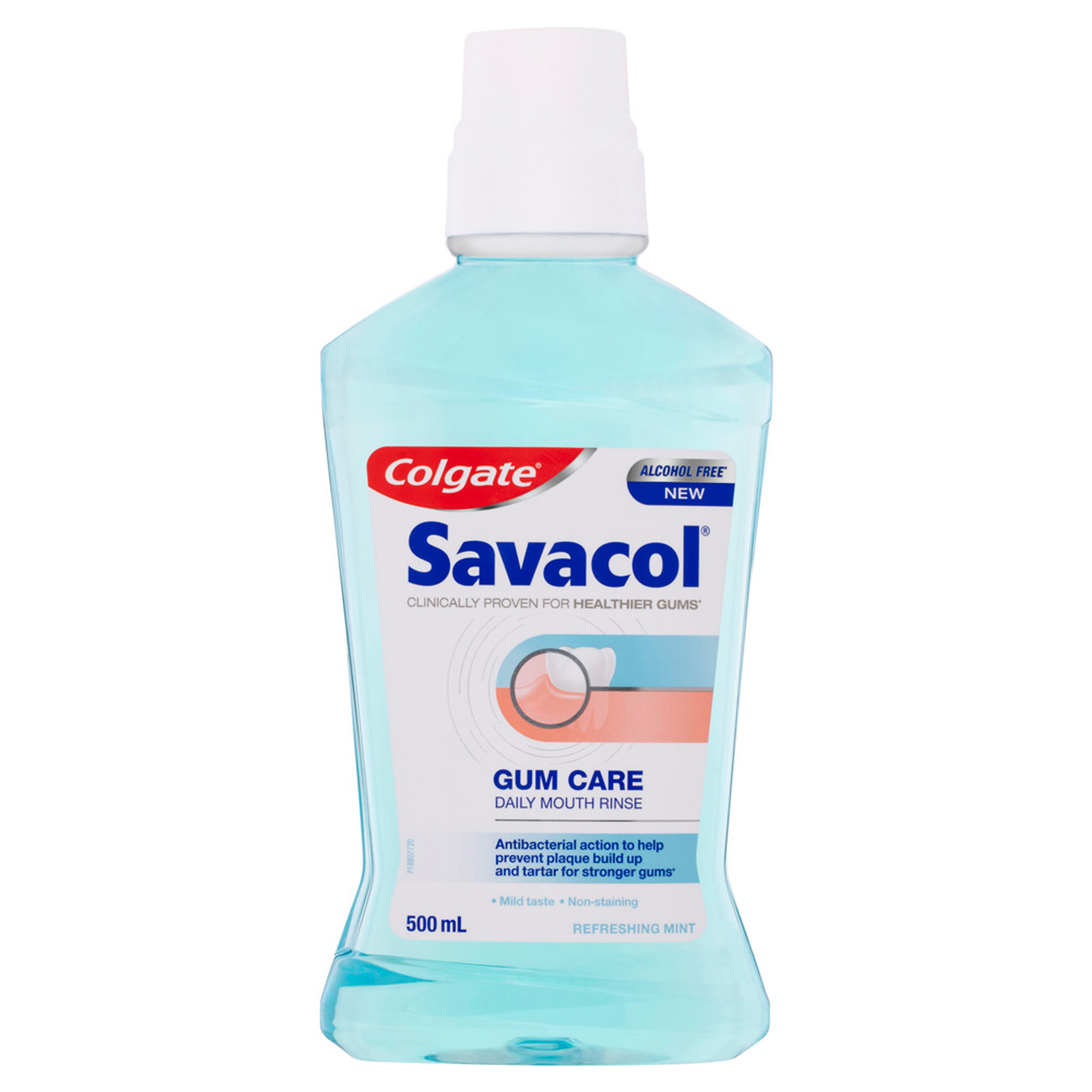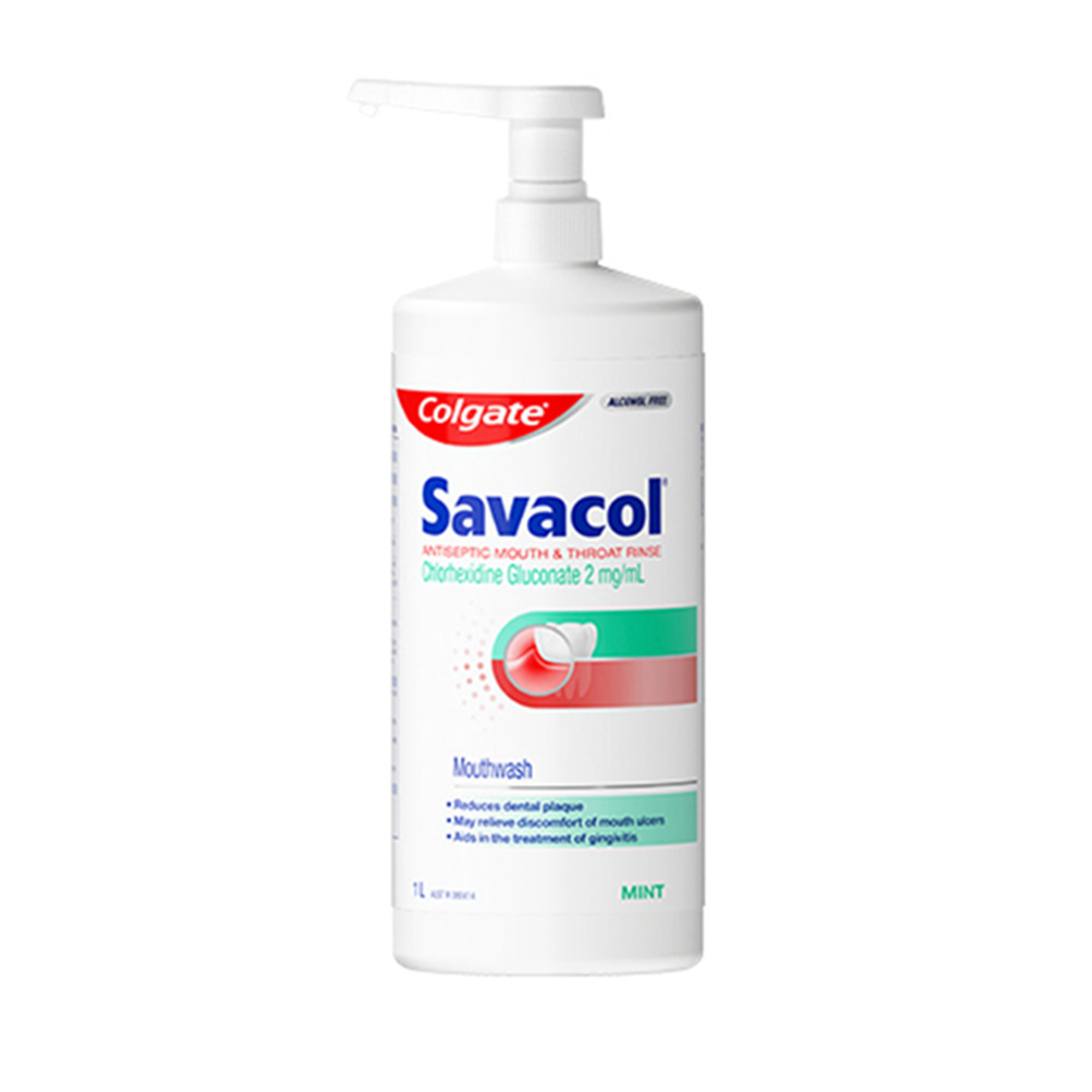
The Dutch philosopher Desiderius Erasmus Roterodamus from the 1500’s once said, ‘prevention is better than cure’. This famous phrase still resonates with us today into the 21st century and it is particularly relevant to oral disease prevention. According to the most recent Child and Adult Australian National Oral Health Surveys, about 1 in 4 children aged 5-10 years old have untreated dental caries in the deciduous teeth, and about 1 in 3 adults have untreated dental caries and moderate-severe periodontitis.
Despite dental caries and periodontitis, the two most common oral diseases, being largely preventable, there remains significant oral disease and health inequities in the Australian population. At the 148th Meeting of the World Health Organization Executive Board, oral health was re-emphasised as a global health issue. As dental practitioners, we have professional responsibilities to reflect on how our actions and everyday work can progress the important agenda of good oral health as integral to general health and wellbeing.
Oral disease prevention is an important consideration for public health policy and universal health coverage. But Australia, like many other countries, does not include dental services as part of Medicare, Australia’s public health insurance system. However, there are many opportunities for dental practitioners in the dental clinic to promote oral health. We will explore common questions patients might ask that are relevant to the economics of oral health prevention.
Q. How often do I need to visit a dental practitioner?
A. Everyone’s oral disease risk is different. For those at higher risk for tooth decay and gum disease, they should see a dental practitioner every 3 months whereas those at lower risk can visit anywhere between 6 and 12-monthly. The most important factor to establish oral health is good home oral hygiene. That is great news for individuals at high risk for oral disease because we can help them to get to a stage where they are at lower risk and can see us less often.
Q. I don’t have any fillings or tooth decay. Do I still need fluoride?
A. Fluoride can be naturally present in water supplies and provides protection for teeth from dental decay over the lifespan. However, many water sources do not have sufficient levels of fluoride to provide optimal health benefits. That is why water fluoridation is important, as well as regularly using fluoride toothpaste and if necessary, having professionally applied fluorides, such as fluoride varnish at the dental clinic. All these sources of fluoride have been shown to be safe and cost-effective for the protection of teeth.
Q. My child is about 2 years old and does not have all the baby teeth yet. Should I still take them for a dental check-up?
A. Baby teeth are essential for the child’s development. Dental professionals recommend children before age 2 should have a dental check-up, but just under 1 in 3 Australian children aged 5-6 years have never visited a dental practitioner. Tooth decay is one of the most common diseases among children and is responsible for high rates of hospitalisation. The most important outcome of an early dental check-up is creating a positive experience for children when visiting the dental clinic.
Q. I remember having fissure sealants when I was a child. Do I still need them?
A. Teeth have natural grooves on the chewing surfaces of teeth that can make keeping them clean difficult. Fissure sealants are effective to reduce the risk of developing tooth decay but can also be used to treat early signs of tooth decay without needing to drill into a tooth to place a filling. They can also last as long or even longer than fillings. It is ideal to keep natural tooth structure since teeth are the strongest part of the human body when they are intact.
As well as the clinical benefits of oral disease prevention as highlighted above, there is the added value of economics that both save time and costs for individuals and families. Dental practitioners can also get involved in community oral health projects that can support the economics of oral disease prevention even more, such as the Colgate’s Bright Smiles, Bright Futures program. This program provides materials to inspire children and communicate to parents the importance of looking after teeth and gums.
Tan Nguyen is a registered oral health therapist and holds graduate qualifications with the Graduate Certificate in Dental Therapy, Master of Public Health and a Master of Science in Clinical Education. He is a PhD Candidate with the project titled ‘Assessing-Cost Effectiveness on Oral Health Prevention Interventions’ at Deakin University, works clinically in private dental practice, and contributes to public dental health advocacy as co-convener of the Public Health Association of Australia Oral Health Special Interest Group. He is a founding member of the Colgate Advocates for Oral Health: Editorial Community and became a member for his interests in advancing public dental health and hopes to achieve in inspiring dental excellence in the profession.
Join us
Get resources, products and helpful information to give your patients a healthier future.
Join us
Get resources, products and helpful information to give your patients a healthier future.











